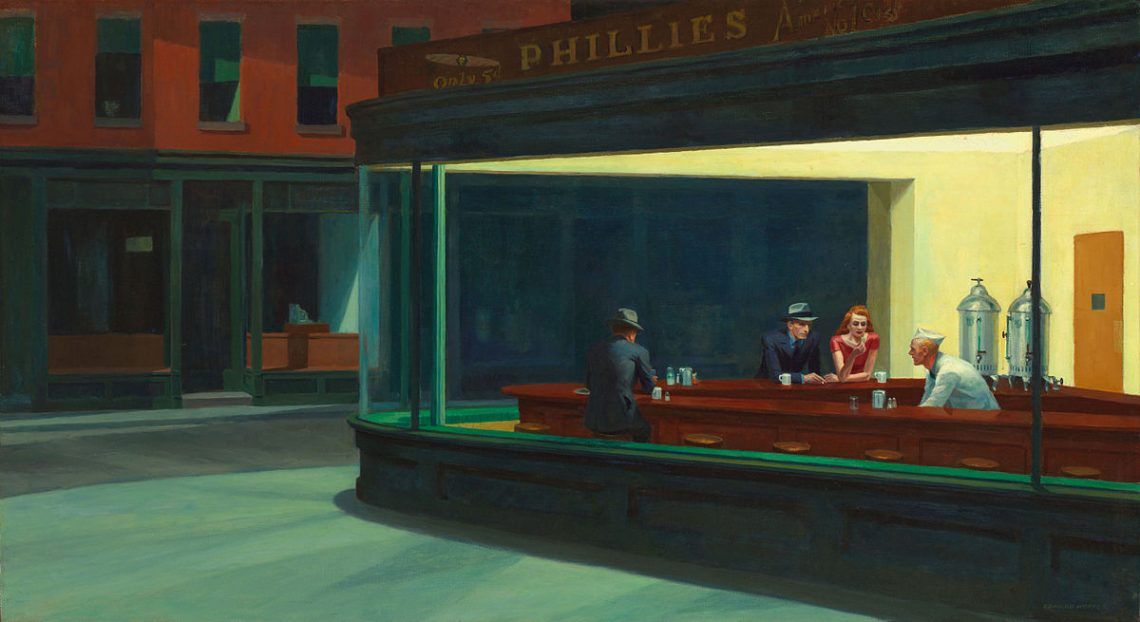
Appel à communications pour un séminaire du prochain congrès de l'ACLA 29 mai-1er juin 2025 (en ligne)
N.B. 1 - Les communications (en anglais) peuvent porter sur n'importe quelles littératures (dont les littératures francophones africaines, maghrébines et des Caraïbes en particulier). Des études interartistiques et intermédiales incluant la littérature entrent dans la perspective du séminaire.
2 - Les doctorants sont les bienvenus.
3 - Prière de contacter les organisateurs Didier Coste et Eli Park Sorensen
4 - La date limite de dépôt des propositions doit être strictement respectée. Aucune extension n'est possible.
5 - Certains articles développés à partir des communications acceptées pourront être publiés dans un ou plusieurs numéros de la revue Migrating Minds Journal of Cultural Cosmopolitanismi co-dirigée par Didier Coste, Christina Kkona et Nicoletta Pireddu; https://migratingminds.georgetown.edu/
Realism, Globalization, and Cosmopolis
Organizer: Didier COSTE (Université Bordeaux Montaigne)
Co-Organizer: Eli Park SORENSEN (Chinese University of Hong Kong)
This seminar addresses questions about realism’s aesthetic and political implications from a global perspective.
The genre of the novel is said to have spread all over the world at the time of the rise of realism or some years or generations later as a result of the second colonial wave and the global expansion of the capitalist economy. However, this is certainly not true of all non-Western cultures. On the other hand, modern realist aesthetics developed and theorized in the West from the mid-18th to the early 20th century often informed other genres than the novel(e,g. autobiography, travelogues, ethnography) in the “non-West.” Moreover, the compromise formation of “magic realism” deviated markedly from both mainstream realism and fantasy, while the historical novel and short story often played with myth (and still do).
Our first questions are:
What role does realism play in the age of globalization? Why does it persist, and why do authors, readers, and scholars keep returning to this aesthetic mode?
Does globalization entail standardization or an increased diversity of mimetic modes?
Are these phenomena constitutive of a literary/aesthetic cosmopolis or an impediment to it?
A subsequent question must be raised: Is realist aesthetics apt to give an account of globalization?
If it was primarily European in the 19th century, purporting to react to socio-political situations linked to capitalist development, urbanization, and encounters with the “other,” capitalism, megalopolises, and extreme class disparities now seem to reign unhindered all over the world. Why is it that non-European cultures subjected to these imported changes often adopt other modes such as magic realism, the picaresque, lyricism, the epic, or even dystopian, apocalyptic projections? Compromise formations appear, and more ancient modes reappear in the non-Westor the Global South, not as transitory processes towards realism but towards new representational modes that build on, expand, and deviate from mainstream realist aesthetics. Does it mean that mainstream realism was never sufficiently critical in the first place? Or is the resurgence and mixing of other modes an ill-placed, reactionary, anti-cosmopolitanOccidentalism?
Or yet, should literary aesthetics be thoroughly rethought in a globalized world?